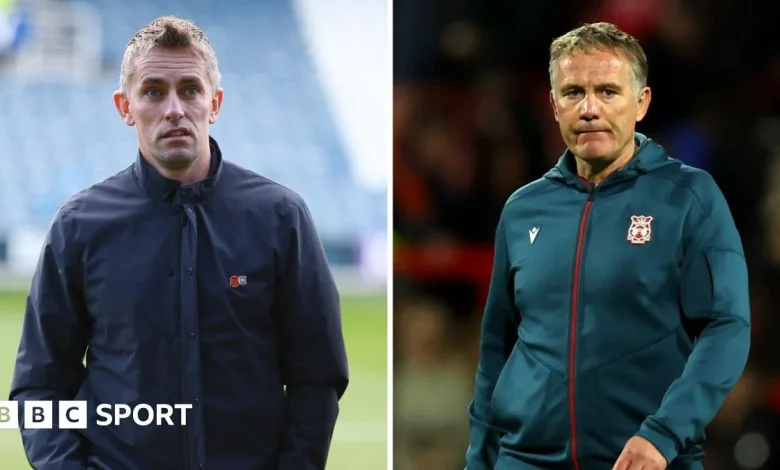Wrexham news: Ipswich Town among favourites ‘to be up there’ – Phil Parkinson

Phil Parkinson feels Ipswich Town are among the favourites to challenge for promotion this season as Wrexham return to Championship action against the Tractor Boys this afternoon (15:00 GMT).
Kieran McKenna’s side go into the match at Portman Road having claimed 10 points from the last 12 on offer prior to the international break to sit two points above Wrexham.
But the Red Dragons head to Suffolk unbeaten in five league outings, with Parkinson stating his side travel to Ipswich buoyed by their own recent run.
“They’re carrying a lot of Premier League standard players,” the Wrexham manager told BBC Sport Wales.
“They’re a good team, they’ve changed the squad around to a certain degree in the summer and of course they’re one of the favourites to be up there.
“But we’re on a good run ourselves and we go down there very confident and look forward to the challenge which Ipswich present.”
Following a hectic run of seven matches in 22 days, Wrexham utilised the final international break of 2025 to get as many players as close to peak condition as possible.
And while Parkinson has been pleased with his side’s improvement since the start of the campaign, the 57-year-old stated his team can still get better.
“It (international break) gave us a good opportunity as a staff to go back over the games we’ve had and look at all aspects of the team,” added Parkinson.
“You’re constantly working as a management team because you’re always thinking ‘how do we keep improving?’.
“It’s given us a good chance to reflect and keep building on what we’ve done.
“We know there’s a lot of work to be done in terms of improvement in the side, individually and collectively, but I feel we’re getting to where we need to be.”





